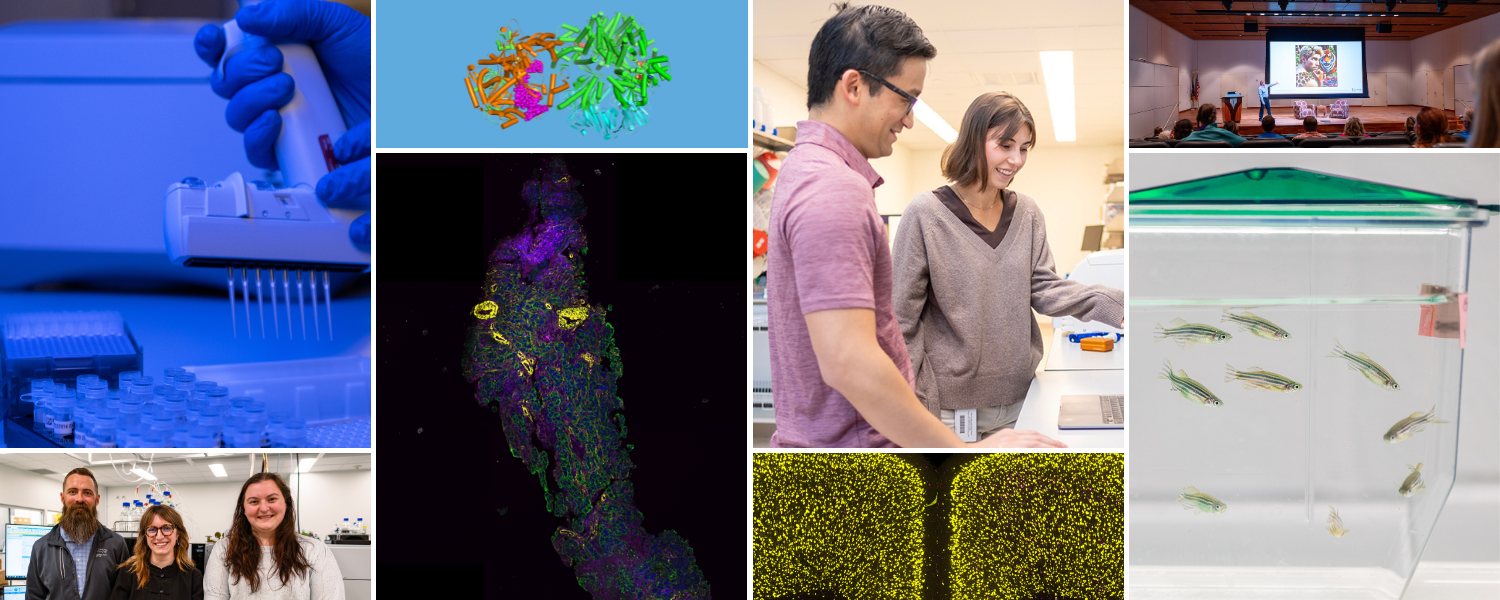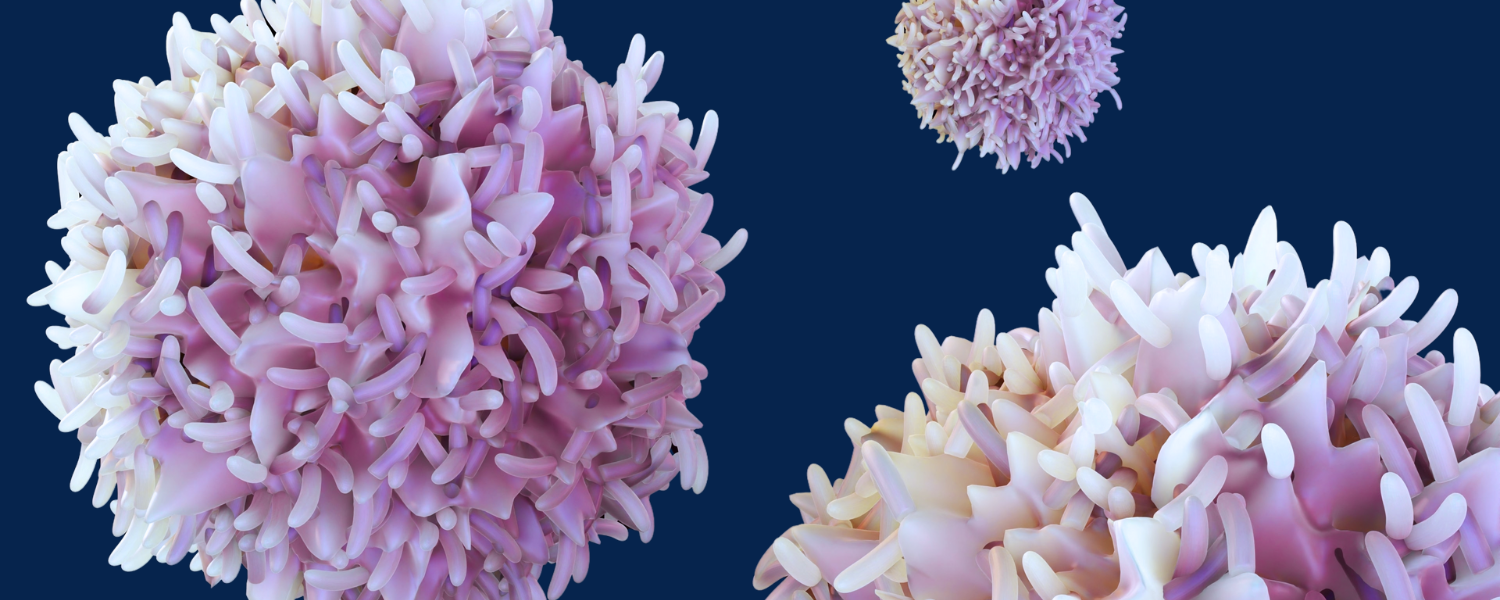
Metabolism and Nutrition
Leveraging metabolism and nutrition to improve health
The human body is fueled by metabolism, a constant cascade of chemical reactions that ensure we have the energy to survive and thrive. During digestion, the body breaks down food into its most basic components — sugars, amino acids, vitamins and minerals. Some of these nutrients are used right away to power everyday functions while others are stored for later use. Metabolism is a constant balancing act; when that delicate equilibrium is thrown off, the consequences can be severe.
For example, metabolism can play a role in disease — some conditions, such as diabetes, are wholly metabolic in origin, while others, like cancer or obesity, are now known to be influenced by dysfunctions in metabolism.
Studying metabolism is a complex endeavor that involves every other field in biology, including genetics, epigenetics, biochemistry, immunology, and many, many more. By incorporating all these areas, VAI scientists are tackling a wide range of questions that have life-changing implications for health and disease:
- How does metabolism fuel the immune system?
- How could our diets today impact the health of future generations?
- What role do mitochondria play in health and disease?
- How does metabolism impact cancer — and can it be leveraged to treat cancer?
By the numbers
Metabolism and nutrition
- 1 Pound of fat contains enough energy to power a 40-watt lightbulb for more than six minutes
- 1 Calorie equates to the amount of heat needed to raise the temperature of 1 gram of water by 1 degree Celsius
- 37.2 Trillion cells in the human body, each of which leverages metabolism to function
VAI scientists studying metabolism and nutrition

Nick Burton, Ph.D.
Assistant Professor, Department of Metabolism and Nutritional Programming
Maternal Effects on Metabolism and Host-Microbe Interactions

Adelheid (Heidi) Lempradl, Ph.D.
Assistant Professor, Department of Metabolism and Nutritional Programming
Intergenerational Inheritance of Nutritional States

Evan Lien, Ph.D.
Assistant Professor, Department of Metabolism and Nutritional Programming
Diet, Metabolism and Cancer

Russell Jones, Ph.D.
Chair and Professor, Department of Metabolism and Nutritional Programming
Cancer and Immunometabolism

Connie Krawczyk, Ph.D.
Associate Professor, Department of Metabolism and Nutritional Programming
Immunology, Epigenetics and Metabolism

Sara Nowinski, Ph.D.
Assistant Professor, Department of Metabolism and Nutritional Programming
Mitochondria and Metabolism

J. Andrew Pospisilik, Ph.D.
Chair and Professor, Department of Epigenetics
Epigenetic Origins of Heterogeneity and Disease





